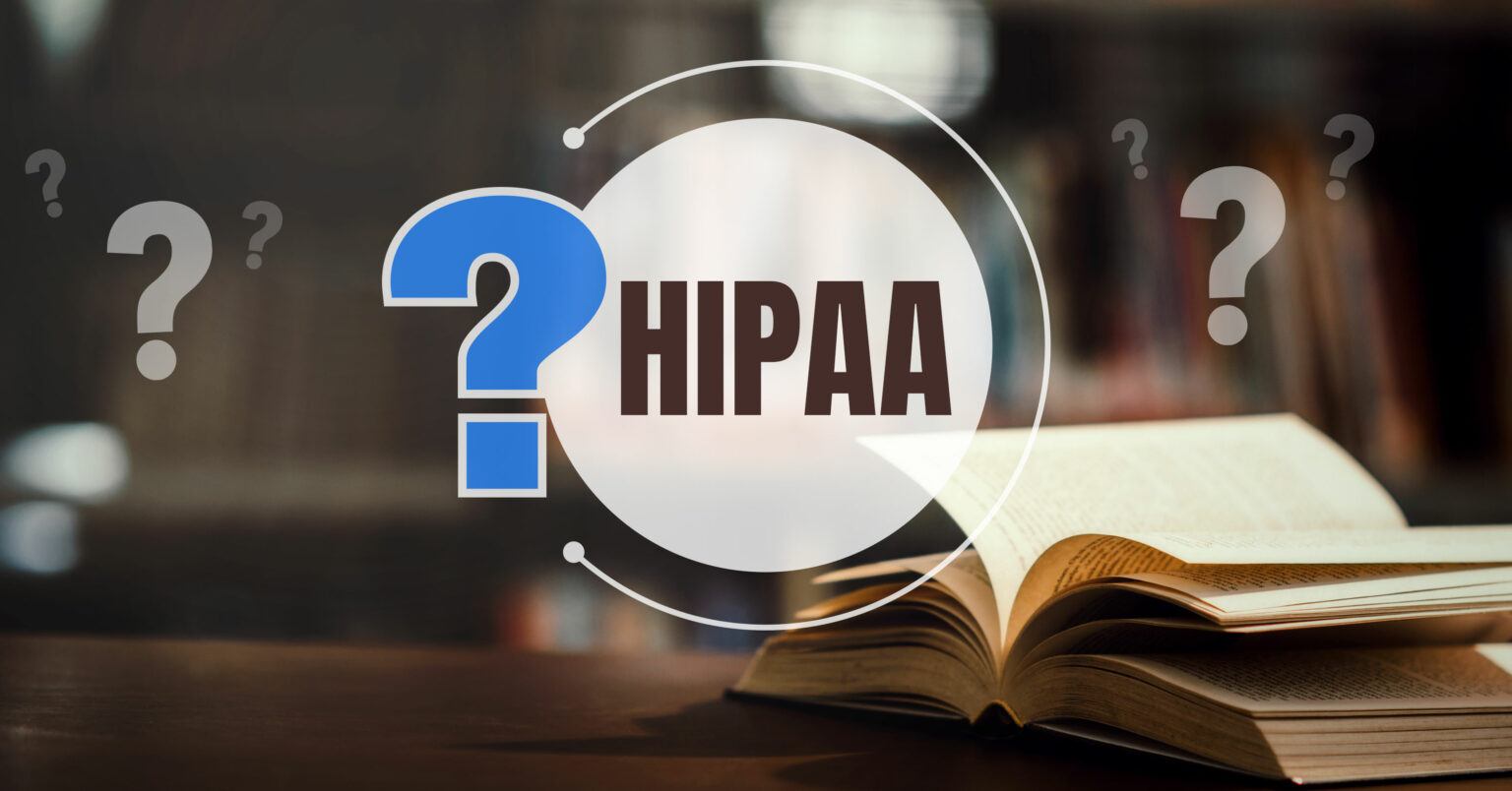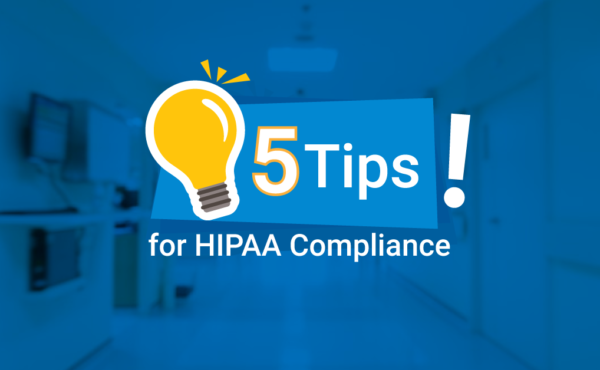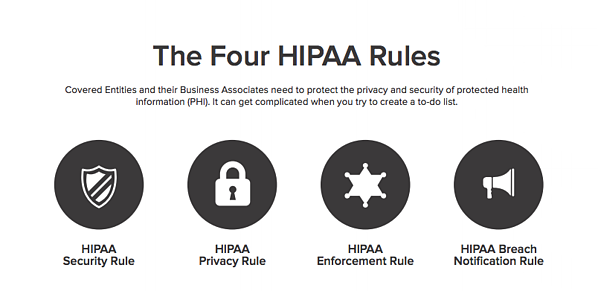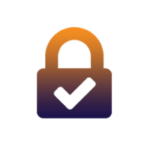Become HIPAA Compliant
When working in the healthcare industry, the question of how to become HIPAA compliant often arises. However, the HIPAA regulation is written in a way that is confusing to most healthcare professionals, without clear guidelines on what exactly needs to be done to become HIPAA compliant. To provide guidance on how to become HIPAA compliant, implementing an effective compliance program, and HIPAA requirements are discussed below.
The Health Insurance Portability and Accountability Act (HIPAA) sets the standard for sensitive patient data protection. Companies that deal with protected health information (PHI) must have physical, network, and process security measures in place and follow them to ensure HIPAA Compliance. Covered entities (anyone providing treatment, payment, and operations in healthcare) and business associates (anyone who has access to patient information and provides support in treatment, payment, or operations) must meet HIPAA Compliance.

Become HIPAA Compliant (Step-by-Step Guide)

What Does it Take to Be HIPAA Compliant?
The Department of Health and Human Services (HHS) Office of the Inspector General (OIG) released essential guidance on how to create a HIPAA compliance program. The guidance is called the Seven Fundamental Elements of an Effective Compliance Program.
The Seven Elements are the basic requirements that all effective compliance programs must address in order to adhere to the HHS Office for Civil Rights’ (OCR) strict HIPAA enforcement tactics.
- Implementing written policies, procedures, and standards of conduct.
- Designating a compliance officer and compliance committee.
- Conducting effective training and education.
- Developing effective lines of communication.
- Conducting internal monitoring and auditing.
- Enforcing standards through well-publicized disciplinary guidelines.
- Responding promptly to detected offenses and undertaking corrective action.
Become The Need For HIPPA Compliance
Become HIPPA points out that health care providers and other entities dealing with PHI move to computerized operations, including computerized physician order entry (CPOE) systems, electronic health records (EHR), and radiology, pharmacy, and laboratory systems, HIPAA compliance is more important than ever. Similarly, health plans provide access to claims as well as care management and self-service applications. While all of these electronic methods provide increased efficiency and mobility, they also drastically increase the security risks facing healthcare data.
- Limited facility access and control with authorized access in place
- Policies about use and access to workstations and electronic media
- Restrictions for transferring, removing, disposing, and re-using electronic media and ePHI


Hippa Security Rule
Accountable’s online platform guides you step-by-step through the process of becoming HIPAA compliant.

Hippa Privacy Rule
Our support team is available via live chat, email, and phone to help with any questions that you might have about HIPAA or our software.

Hippa Enforcement Rule
Stop worrying about the penalties and fees your company may receive for non-compliance with HIPAA.

Hippa Branch notification Rule
Your website will be based on the right platform and in the right way. Plateform specific good user friendly


